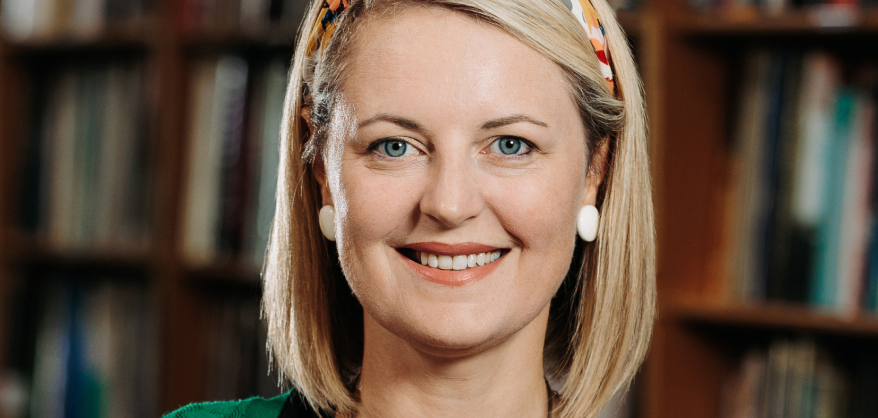Recollection is always a warped pastime. Moments are compressed and clipped with others without, seemingly, any semblance of sense. They fall on the turf of our memory like some dissipating sea foam. This conception of recollection is demonstrated to great effect in Sarah Sasson’s debut novel, Tidelines, which follows main character Grub and her troubled history with herself, her friends, family, and her mythic brother, Elijah.
Tidelines can be classified as a family drama first and foremost. Grub, the youngest daughter of immigrant parents, a mix of Irish and Egyptian, lives her childhood peering out from under her brother’s shadow. Elijah, like their mother, is a celloist talented enough to achieve ‘the wolf’, a sonorous husky tone, crashing soundwaves into reverberations. He is also tall, handsome, charming, and kind, embodying the image of the perfect older sibling in Grub’s youthful eyes. He is the family’s Golden Boy. Grub’s reception of that truth fluctuates throughout the novel, watching her brother in parallax.
The pristine idol of Elijah is undercut by Sasson’s prologue, ‘2012/Outside His House.’ Something horrible has happened to Elijah and it has carved a tremendous crater into Grub’s being. She sits in her car, watching obsessively, painting out the torment which Sasson from then on leads us to realising on the meandering path of Grub’s life.
The substance of the book consists of these short moments, with so much more left unsaid than is laid out. However, the book does not feel like a painting with holes in it, but rather an etching of a life where the reader must themselves follow to the ends of characters’ moth-bitten thoughts. The break between each passage, each memory, marked by a simple tilde, echoes the much fuller world that Sasson masterfully gestures to in her minimalist prose. This trait is a core strength of the novel, leading the reader by an innocuous description before delivering the punch of poetics. Take my favourite of Grub’s own thematised address, “I wondered if there was a specific word in English, or any other language, for a friend who could elicit laughter at the epicentre of loss: a highwire act of mercy. If there wasn’t a word, there should be.”
With these elements throughout, it may seem at first that the recollection I mentioned becomes too ordered with witticisms and transcendent observations. I, for a time, thought this as I read through. The events in the novel’s beginning, half-remembered and hazy-eyed retellings from Grub are snipped and lacking, but that is because the moments themselves are lacking the chaos which comes later: Zed, or Zachariah as is his actual name. And the whirlwind that seems to follow Grub’s life as soon as he sets his eye on the brother and sister. A short while after his entrance the book’s more confronting themes – loss, addiction, adultery, and grief – wash through like the raging sea itself. Crashing passions against the reverberations of chaos.
There are many other characters who inspire the reader’s anger. Grub herself fails at times, but Zed, sometimes through his fault and sometimes through the transgressive act of his being in the cello lifestyle, becomes the epitome of our ire. He owns the house which Grub stalks in the beginning, he is the reckless one, he is the one who dooms Elijah, or at least Grub would sometimes argue. Nevertheless, he is not the villain, only another fascinating character study which allows Sasson’s broad thematic explorations.
In my reading, there was one theme that centralised my focus: grief. But not just grief of a loss of life, but of Grub’s own life, of the future of her family, her friendships. It is not an effective grief, it burns and brays but ultimately remains, for most of this novel, a fizzling rage. That feeling of being cheated which with no one to place it on, no one to share it with, condemns us simply to hold it. That burning feeling that plagues Grub and her family is my one most effective takeaway from Sasson’s novel. It is why I recommend everyone to read this book, especially those who wish to greater understand this hellish feeling. Although, this is not a book designed to be a soul-destroyer, I promise it is hopeful too, seeing solutions to live with the hard walks of life.
Buy Tidelines here.
View Sarah Sasson’s profile here.

